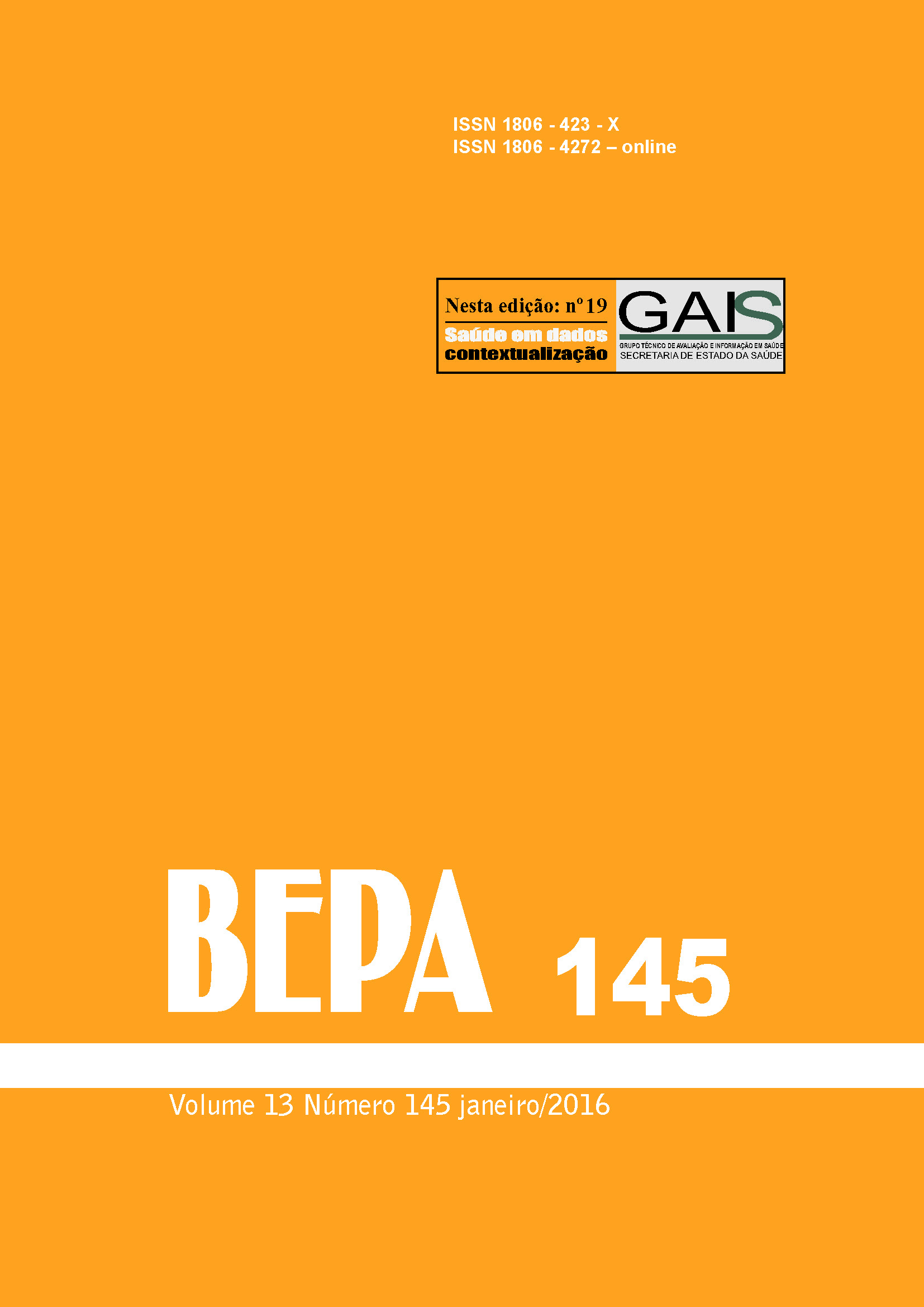Resumo
O presente estudo avaliou alguns aspectos da resposta imune celular e humoral na co-infecção toxoplasmose cerebral e Aids (TC/Aids). O primeiro passo foi aperfeiçoar a produção de dois ntígenos que foram utilizados em todos os experimentos. Um deles foi o antígeno lisado de aquizoítos (ALT) e o outro, um grupamento de antígenos excretados/secretados (ESA) obtidos dos sobrenadantes de culturas de células VERO, sem soro fetal bovino infectadas com taquizoítos. A seguir foram avaliados os níveis de IgG anti-T. gondii no líquido cefalorraquidiano (LCR) de 99 pacientes com TC/Aids. Em ambos os ensaios (Elisa e Western Blotting), ESA desencadeou reatividade nas amostras desses pacientes, o que não foi observado com o ALT. Concomitantemente, foi padronizado a Elisa, empregando ambos os antígenos, para a detecção de subclasses de IgG em 265 amostras de soro e 270 amostras de LCR. Os grupos de soros foram compostos de 58 pacientes TC/Aids; 49 com Aids/outras neuroinfecções/ positivos para toxoplasmose; 58 com Aids/outras neuroinfecções/negativos para toxoplasmose; 50 indivíduos soropositivos para toxoplasmose e 50 indivíduos sadios. Os de LCR foram compostos conforme a presença ou não de toxoplasmose ativa sendo: 99 pacientes com TC/Aids; 112 com outras neuroinfecções/soropositivos para toxoplasmose e 59 com outras neuroinfecções/sorologia negativa para toxoplasmose. Somente com ESA obtivemos uma diferenciação no perfil de subclasses de IgG, onde níveis de IgG4 só foram detectados nos pacientes com TC/Aids, e a presença de IgG2 predominou nos indivíduos cronicamente infectados. O valor diagnóstico das IgA e IgE na TC/Aids foi também avaliado. Os resultados mostraram que não foi possível correlacionar tais anticorpos com a reativação da infecção. A resposta imune celular na TC/Aids foi parcialmente avaliada estudando-se os níveis de citocinas (IFN-g, TNF-α, IL-10, IL-12 e IL-4) em sobrenadantes de culturas de células mononucleares do sangue periférico de 15 pacientes com TC/Aids. Tais pacientes apresentaram deficiência na produção de IFN-g, altos níveis de TNF-a e uma pequena produção de IL-10 em comparação com os outros grupos de pacientes. O monitoramento da produção destas citocinas durante a evolução do tratamento específico para T. gondii mostrou que no 15º dia os pacientes já apresentam uma discreta produção de IFN-g e uma diminuição nos níveis de TNF-a e IL-10. Não foi possível detectar IL-12 e IL-4 nos grupos estudados. Estes achados sugerem que baixos níveis de IFN-g estão correlacionados à redução e/ou deficiência na capacidade células TCD4+ de pacientes com TC/Aids em produzir tal citocina, bem como altos níveis de TNF-a refletem a alta resposta inflamatória desencadeada pelo parasita. Em contrapartida, a presença de IL-10 sugere um efeito imunoregulatório nos indivíduos cronicamente infectados e naqueles negativos para toxoplasmose, porém uma suscetibilidade à infecção nos pacientes com TC/Aids, uma vez que tal citocina esta associada com um aumento da suscetibilidade a infecção, decorrente da deficiência no número de células TCD4+.

Este trabalho está licenciado sob uma licença Creative Commons Attribution 4.0 International License.
Copyright (c) 2016 Cristina da Silva Meira, Vera Lucia Pereira Chioccola (orientadora)
